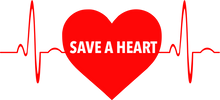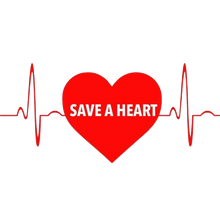How does the heart work?

The heart is a powerful and essential organ that is responsible for pumping blood throughout the body. It is made up of four chambers – the left and right atria, and the left and right ventricles – and it works by contracting and relaxing to pump blood.
The heart has its own electrical system that helps to coordinate its contractions. This system is controlled by a group of cells called the sinoatrial (SA) node, which is located in the right atrium. The SA node sends electrical impulses to the heart, telling it when to contract and relax.
When the heart contracts, the atria and ventricles work together to pump blood. The atria contract first, squeezing blood into the ventricles. Then, the ventricles contract, pushing blood out of the heart and into the arteries. The right ventricle pumps blood to the lungs to be oxygenated, while the left ventricle pumps blood to the rest of the body.
After the ventricles contract, they relax and fill with blood again, preparing for the next contraction. This process continues continuously, pumping blood to the body and providing it with the oxygen and nutrients it needs to function.
During a heart attack, one or more of the coronary arteries that supply blood and oxygen to the heart becomes blocked. This can happen due to a buildup of plaque, a blood clot, or some other obstruction. When the blood flow to the heart is blocked, the heart muscle begins to die. This can cause chest pain, shortness of breath, nausea, and other symptoms.
If the blockage is not quickly resolved, the damage to the heart muscle can become more extensive and can even lead to heart failure. This is why it is so important to seek medical attention immediately if you think you are having a heart attack. Doctors recommend that if an individual experiences signs of a heart attack, to immediately call 911, then chew and swallow a 325 mg tablet of Aspirin. The Aspirin slows clotting and decreases the size of the forming blood clot, thereby preventing the heart attack from becoming more severe.
Overall, the heart is a complex and vital organ that plays a crucial role in maintaining good health. By understanding how it works, we can better appreciate its importance and take steps to keep it healthy.



